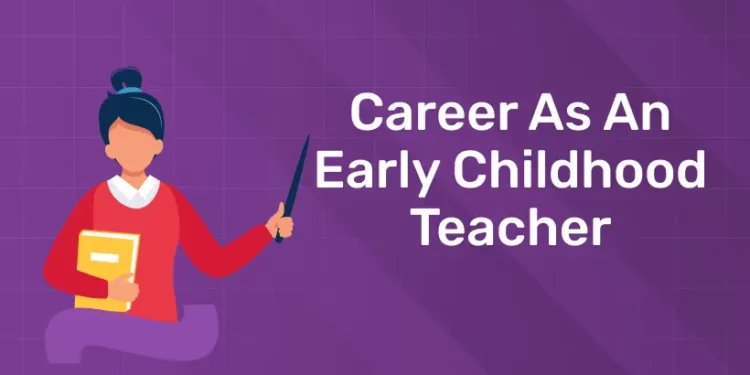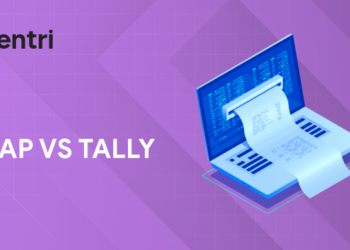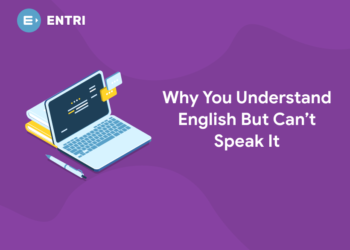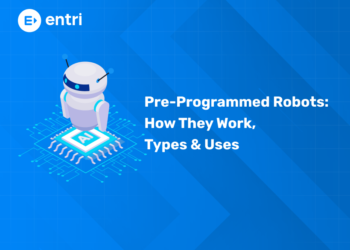Table of Contents
Emphasizing the educational and developmental requirements of young children, usually from birth to eight years old, an early childhood teacher’s work is both fulfilling and significant. Establishing a loving and engaging atmosphere that supports cognitive, social, emotional, and physical development is one of the most important things early childhood instructors can do to help establish the groundwork for lifetime learning. Incorporating activities that foster curiosity, creativity, and critical thinking, they create and execute age-appropriate courses. In this article we are discussing about career as an early childhood teacher.
Start your journey to becoming a certified Montessori teacher! Get free Demo Here!
Career As An Early Childhood Teacher
In addition to patience, creativity, and good interpersonal skills, working with children is a great passion for early childhood educators. Since it fosters a team approach to a child’s education and wellbeing, effective communication with parents and guardians is a crucial component of the work. Early childhood educators have a big impact on young children’s lives because they help them develop a love of learning and the fundamental abilities they’ll need for their future academic endeavors.
Roles And Responsibilities Of An Early Childhood Teacher
1: What is the primary focus of the first plane of development in the Montessori method?
- Plans and executes curriculum and instruction for kids ranging in age from six weeks to twelve years old;
- Coordinates and offers developmentally appropriate early childhood education programs.
- Offers chances and activities that promote curiosity, investigation, and problem-solving skills suitable for kids’ developmental stages and learning preferences.
- Creates and organizes the classroom environment; manages the educational and safety programs;
- keeps an eye on the students while they are in the classroom; and offers a nurturing environment where kids can learn and practice proper and acceptable individual and group behaviors.
- Interacts with community groups and parents;
- keeps lines of communication open and cooperative with them, promoting their participation in the program and fostering the child’s family dynamics.
- Completes daily inventories, child attendance records, and related reports in addition to writing and compiling personalized evaluations of each child’s growth.
- When necessary, takes part in teaching graduate and undergraduate early childhood education laboratories.
- Participates, where appropriate, in research projects aimed at advancing early childhood education techniques.
As appropriate for the area of operation, may lead, supervise, and train staff members, interns, volunteers, and/or student employees conducting relevant tasks. May also take part in volunteer recruitment. - Fulfills several tasks relating to the job as they are assigned.
Unlock your passion for education and shape young minds as a Montessori teacher!
Knowledge, Skills and Abilities Required
- Excellent interpersonal and communication abilities, as well as the capacity to collaborate with a variety of stakeholders in a multicultural community.
- Talents for maintaining records.
- Familiarity with early childhood education methods and programs.
- Understanding of both theory and practice in child development.
- Capacity to assess, plan, and carry out teaching, testing, and/or curricular methods.
- The capacity to offer kids activities that promote development in a healthy way.
- Capacity to maintain discipline and exercise control in the classroom.
- Comprehension of the relevant safety protocols.
- The capacity to provide kids a loving and supporting environment.
- Capacity to create and deliver workshops and/or instructional programs.
- Capacity to convince and sway people.
Get Certified & Start Your Montessori Career
Montessori Teacher Training Course by Entri App: Gain expert skills, earn certification, and kickstart your teaching career.
Join Now!Qualification Required For Early Childhood Teacher
Educational Requirements
- A bachelor’s or Associate’s degree in early childhood education is required: While a bachelor’s degree in early childhood education or a related discipline is frequently desirable, most occupations require at least an associate’s degree. Curriculum design, classroom administration, teaching techniques, and child development are all covered in these programs.
- State Certification or Licensure: Early childhood educators need to earn a state-issued certification or license, depending on the area or nation. This procedure often entails fulfilling the prerequisites for education and real-world experience in addition to passing a certification exam.
Background Verifications
- Background Verifications and Approvals: Early childhood teachers need to undergo thorough background checks and acquire clearances relating to child protection and safety since they deal closely with young children.
Practical Experience
Practical experience is invaluable. Aspiring teachers can acquire supervised experience working with young children in a classroom setting through the student teaching component, also known as practicum, included in most degree programs. Their application of academic knowledge and development of teaching skills is aided by this practical experience.
Optional Qualifications
- Postgraduate Degrees and Specializations: To increase their chances of landing a specialized job or a leadership position, some instructors decide to seek postgraduate degrees. One such degree is a master’s in early childhood teaching. A teacher’s qualifications may also be improved by specializing in subjects like curriculum development, reading, or special education.
Entri’s Early Childhood Care And Education Course
Successful careers in early childhood education are prepared for students by the Diploma in Early Childhood Care and Education course, which combines academic achievement with real-world experience. Our course, which combines Montessori principles with established educational approaches and is accredited by reputable organizations, offers a solid foundation in child development. Students may get a top-notch education from anywhere thanks to a flexible online platform and knowledgeable professors. An exceptional 30-day teaching practice that cultivates priceless abilities and insights is the program’s centerpiece. Aspiring teachers can meaningfully foster young brains with the skills provided by the Entri’s Early Childhood Care And Education Diploma course.
Start your journey to becoming a certified Montessori teacher! Get free Demo Here!
CONCLUSION
Establishing supportive conditions for kids’ learning via play, exploration, and deep connections is the primary goal of the passionate field of early childhood teaching. It provides children with the necessary skills and establishes the groundwork for lifetime learning as well as social and emotional development. It’s a rewarding profession that shapes people’s lives and communities because, despite difficulties, witnessing children grow brings immense rewards.
Get Certified & Start Your Montessori Career
Montessori Teacher Training Course by Entri App: Gain expert skills, earn certification, and kickstart your teaching career.
Join Now!Frequently Asked Questions
What skills are important for early childhood teachers?
Strong interpersonal and communication skills, patience, creativity, and a sincere love of working with young children are essential traits for early childhood educators. Effective classroom management, collaboration with parents and colleagues, and the creation of interesting and developmentally appropriate learning activities are all skills that teachers need to possess.
What challenges do early childhood teachers face?
Early childhood educators may have to handle a variety of young children’s learning demands, keep the classroom orderly, and strike a balance between academic objectives and each child’s unique developmental stages. It can also be difficult to manage parent contact and modify teaching methods to fit evolving academic requirements.
What role do parents play in early childhood education?
By offering assistance at home, working with instructors to understand their child’s development and needs, and reinforcing learning activities and concepts, parents play a critical part in their child’s early childhood education. Good parent-teacher communication creates a collaboration that benefits the child’s overall growth and educational experience.
What age group do early childhood teachers typically work with?
Depending on the exact educational context, early childhood instructors often deal with children from birth to about eight years old. Preschoolers (ages three to five) are included in this, and it occasionally reaches kindergarten and the first few grades of primary school.











